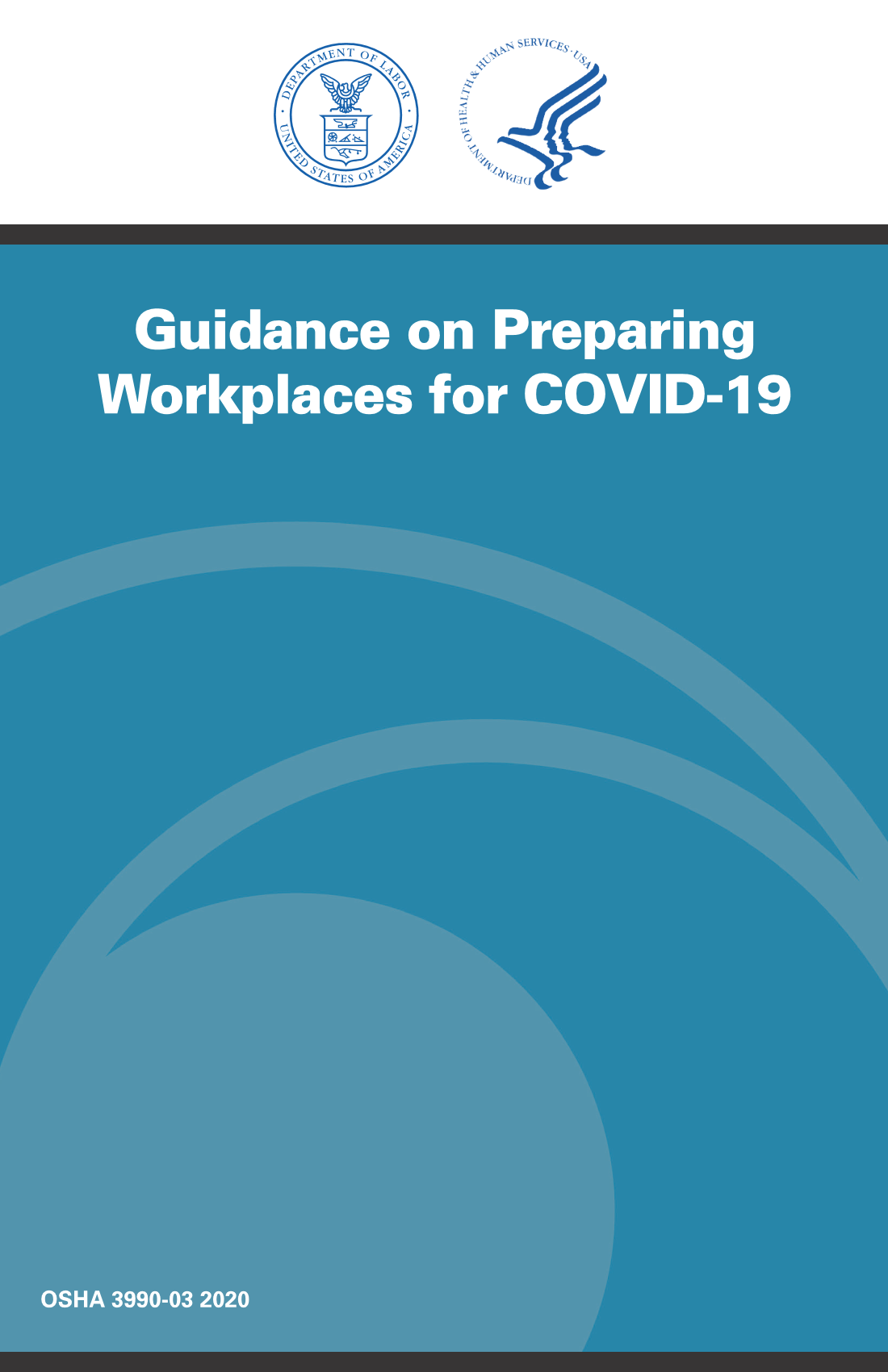Brought to you by Harmony Roze Saas HR
Every organization wants to attract the most qualified employees for positions which they are best suited. However, many organizations are simply too large to permit close contact between top management and prospective employees; human resources professionals, trainers and labor relations managers provide this connection. In the past, these employees performed administrative functions of the organization (handling employee benefits questions, recruiting, hiring, interviewing, etc.). Today’s HR professionals manage these tasks while also consulting with top executives on strategic planning for the future.
In an effort to enhance morale and productivity, limit job turnover and help organizations increase performance and business results, these workers also help their employers effectively use employee skills, provide training and development opportunities and increase overall employee satisfaction with their jobs. Although some jobs in HR require only limited contact with employees outside of their department, dealing with all types of individuals is a vital part of the job.
Typical Duties of an HR Professional
 HR professionals essentials typically do the following:
HR professionals essentials typically do the following:
- Consult with employers to identify employment needs and preferred qualifications.
- Interview applicants about their experience, education, training and skills.
- Contact references and perform background checks on job applicants.
- Inform applicants about job details, such as duties, benefits and working conditions.
- Hire or refer qualified candidates for employers.
- Conduct or help with new employee orientation.
- Keep employment records and process paperwork.
Many specialists are trained in all human resources disciplines and do tasks throughout all areas of the department. In addition to recruiting and placing workers, these specialists help guide employees through all human resources compliances and answer questions about policies. They often administer benefits, process payroll and handle any associated questions or problems. They also ensure that all human resources functions comply with federal, state and local regulations.
Types of HR Professionals
The following are types of human resources professionals:
- Employment interviewers work in an employment office and interview potential applicants for job openings. They then refer suitable candidates to employers for consideration.
- Human resources generalists handle all aspects of human resources work. They may have duties in all areas of human resources including recruitment, employee relations, payroll and benefits, training and administration of human resources policies, procedures and programs.
- Labor relations specialists interpret and administer a labor contract, regarding issues such as wages and salaries, employee welfare, health care, pensions, and union and management practices. They also handle grievance procedures, which are a formal process through which employees can make complaints.
- Placement specialists match employers with qualified jobseekers. They search for candidates who have the skills, education and work experience needed for jobs, and they try to place those candidates with employers. They also may help set up interviews.
- Recruitment specialists, sometimes known as personnel recruiters, find, screen and interview applicants for job openings in an organization. They search for job applicants by posting job listings, attending job fairs and visiting college campuses. They also may test applicants, contact references and extend job offers.
Human Resources Manager
Human resources managers plan, direct and coordinate the administrative functions of an organization. They oversee the recruiting, interviewing and hiring of new staff, consult with top executives on strategic planning, and serve as a link between an organization’s management and its employees.
Human resources managers typically do the following:
- Plan and coordinate an organization’s workforce to best use employees’ talents.
- Link an organization’s management with its employees by handling questions, administering employee services and resolving work-related problems.
- Advise managers on organizational policies, such as equal employment opportunity and sexual harassment.
- Coordinate and supervise the work of specialists and support staff.
- Oversee an organization’s recruitment, interview, selection and hiring processes.
- Handle staffing issues, such as mediating disputes, firing employees and directing disciplinary procedures.
Every organization wants to attract, motivate and keep qualified employees and match them to jobs for which they are well suited. Human resources managers accomplish this by directing the administrative functions of an organization. Their work involves overseeing employee relations, regulatory compliance and employee-related services such as payroll, training and benefits. They supervise the department’s specialists and support staff and ensure that tasks are completed accurately and on time.
Human resources managers also consult with top executives on the organization’s strategic planning. They identify ways to maximize the value of the organization’s employees and ensure that they are used as efficiently as possible. For example, they might assess worker productivity and recommend changes to the organization’s structure to help it meet budgetary goals.
Some human resources managers oversee all aspects of an organization’s human resources department, including the compensation and benefits or training and development programs. In many larger organizations, these programs are directed by specialized managers.
The following are types of human resources managers:
- Labor relations managers, also called employee relations managers, oversee employment policies in union and non-union settings. They draw up, negotiate and administer labor contracts that cover issues such as grievances, wages, benefits and union and management practices. They also handle labor complaints between employees and management and coordinate grievance procedures.
- Payroll managers supervise the operations of an organization’s payroll department. They ensure that all aspects of payroll are processed correctly and on time. They administer payroll procedures, prepare reports for the accounting department and resolve any payroll problems or discrepancies.
- Recruiting managers, sometimes called staffing managers, oversee the recruiting and hiring responsibilities of the human resources department. They often supervise a team of recruiters, and some take on recruiting duties when trying to fill high-level positions. They must develop a recruiting strategy that helps them meet the staffing needs of their organization and effectively compete for the best employees.








